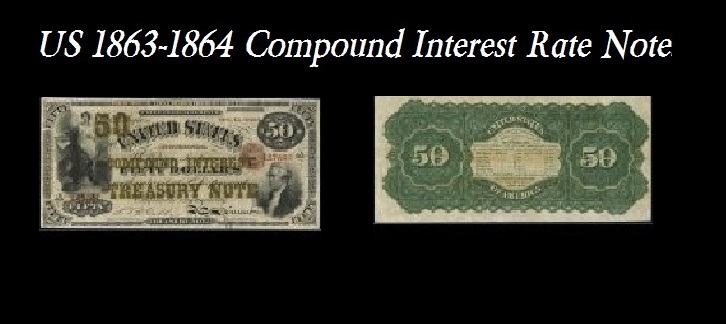Lincoln v Rothschilds
QUESTION:
I hope you are well and enjoying your summer holidays.
- When will be available the Trader Level service?.
- Is it true that Abraham Lincoln refused to finance the Union Army, with a loan with an excessive interest, from the Rothschild Banking House?.
I look forward to hearing from you as soon as possible.
Sincerely,
ANSWER: We will issue the Trade Level 1 before the WEC with 500 markets and/or instruments. We are inputting all world stocks, some 30,000+ for Trader Pro or Level II. The first version is not complete to handle all mobile devices, but we have decided to go forward with that rather than a further delay and it generally requires a laptop. Some features may not be available on a tablet unless you pug in a keyboard such a one of the roll-away types (something like this).
These type of history accounts are always twisted and fitted to a predetermined conclusion. Therefore, with respect to the various interpretations of Jackson shutting down the Bank of the United States and Lincoln v Rothschild, it is vital to remove the bias. Jackson shut down the Bank of the United States not because he was opposed to banks on some grand philosophical perspective. It was rather crude and simple. Bank of the United States funded his rivals and he blamed them for losing the election before. They were the Goldman Sachs of the day insofar as funding politics. Jackson was by no means against banks nor was he some gold bug to honor. He moved government funds to state banks and set off the Broken Banknote Era known as Wildcat Banking.
The Secret Service was born in 1865 because there was no single currency thanks to Jackson. One-third of the notes in circulation were said to have been counterfeit. The average person could not tell since every bank issued their own money. With a reported one third of the currency in circulation being counterfeit at the time, the Secret Service was created on July 5, 1865 in Washington, D.C., to suppress counterfeit currency. Chief William P. Wood was sworn in by Secretary of the Treasury Hugh McCulloch. Jackson created the financial Panic of 1837. States tried to bail out their banks, and in the process, this became the major Sovereign Debt Crisis of the 1840s that led to bloodshed and riots in the streets because of what Jackson had done.
 Now as for the selective history of the Rothschilds v Lincoln, let’s get this clear. In times of war, every country in history has abandoned the gold standard. Yes, in time of war, there attaches to a loan “political” risk, which is NORMAL. Interest rates rise during such periods. The Rothschild’s demanded a war premium to lend Lincoln gold. They did not do so because they wanted the North to lose. That is a total fabrication. When Lincoln turned and began to issue interest bearing currency, he at first created circulating bonds. The currency on the reverse had an interest schedule stating what the note was worth at specific times. They even issued compound interest notes.
Now as for the selective history of the Rothschilds v Lincoln, let’s get this clear. In times of war, every country in history has abandoned the gold standard. Yes, in time of war, there attaches to a loan “political” risk, which is NORMAL. Interest rates rise during such periods. The Rothschild’s demanded a war premium to lend Lincoln gold. They did not do so because they wanted the North to lose. That is a total fabrication. When Lincoln turned and began to issue interest bearing currency, he at first created circulating bonds. The currency on the reverse had an interest schedule stating what the note was worth at specific times. They even issued compound interest notes.
Eventually, Lincoln began issuing paper currency that did not pay interest. These became known as legal tender note. They neither paid interest nor were they redeemable in gold. This is what became known as “greenbacks” for they were not backed by anything nor did they pay interest. So you flipped it over and there was no schedule, just green ink.
It was these “legal tender issues” that the London Times wrote about”
“If that mischievous policy, which had its origins in the North American Republic, should become indurated down to a fixture, then that Government will furnish its own money without cost. It will pay off its debts and be without debt. It will have all the money necessary to carry on its commerce. It will become prosperous beyond precedent in the history of the civilized governments of the world. The brains and the wealth of all countries will go to North America. That government must be destroyed, or it will destroy every monarchy on the globe.”
Therefore, the Rothschilds did not demand high interest because they wanted the North to fail. This was simply a business deal. The entire claim of wanting to see the North lose was just fiction. It was a straight up war loan with the standard demand for a premium that Lincoln declined to pay and abandoned the gold standard instead.




